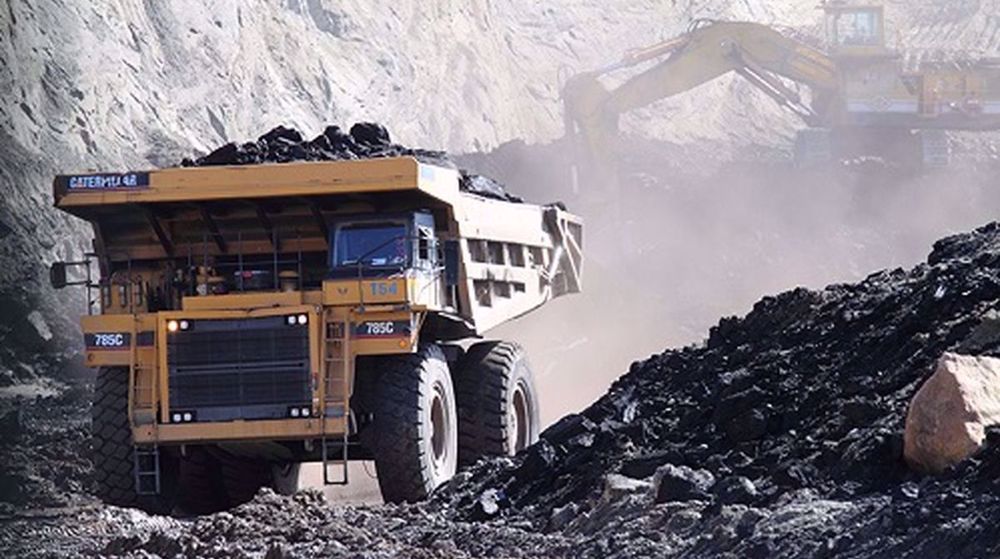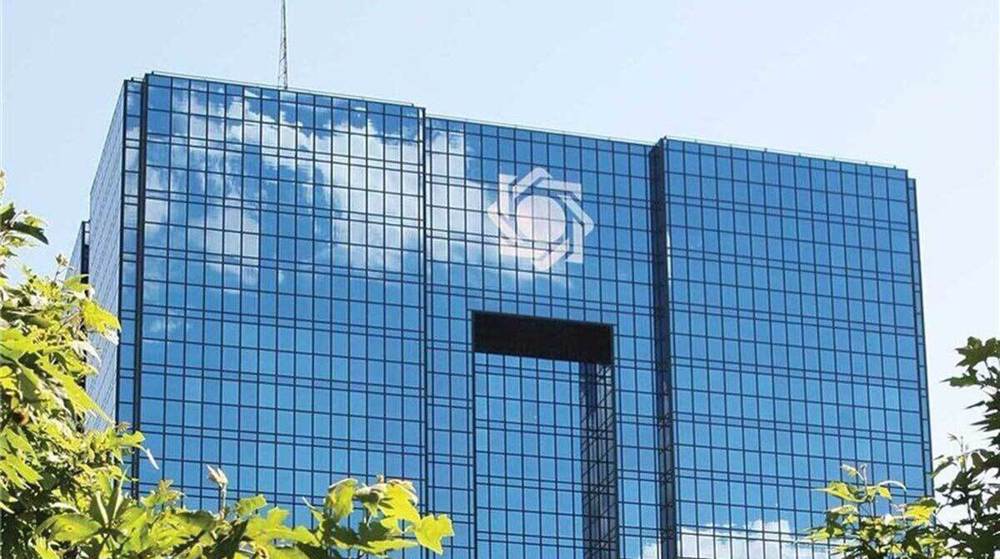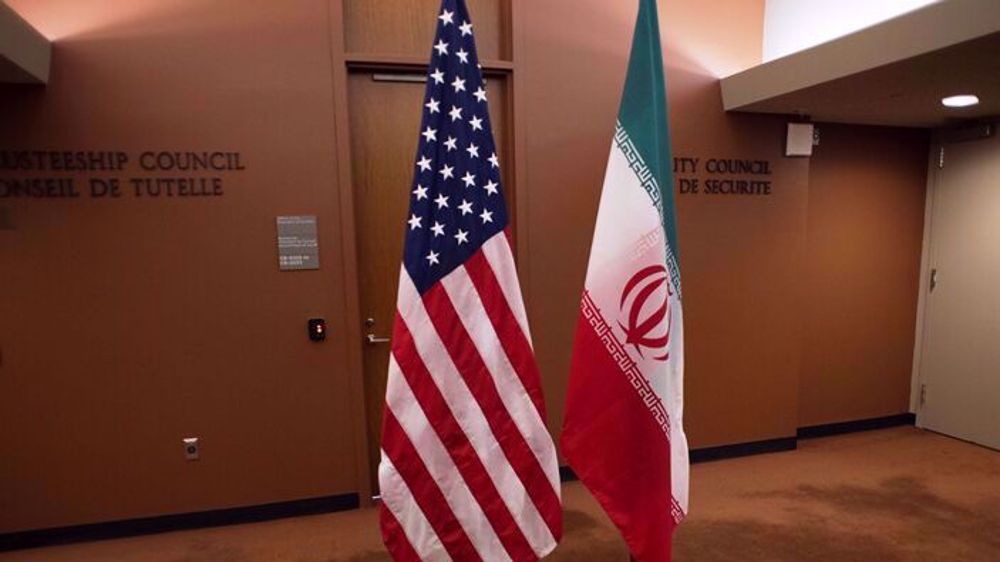Iran plane deal show sanctions collapsing
Global media are assessing Iran's recent announcement over the purchase of several commercial airliners as a sign that the crippling sanctions against Iran are already beginning to collapse.
Bloomberg in a report says the delivery of the planes – that come at a crucial moment of nuclear talks between Iran and P5+1 – have added to several other emerging signs that the world is impatient with the removal of the US-engineered sanctions.
“Last month Russia's president Vladimir Putin announced he would resume the sale of a sophisticated air defense system, known as the S300, to Iran,” it said in its report.
“Western oil companies are already meeting with Iranian officials to discuss how to get back into the country's lucrative oil and gas markets.”
On Sunday, Iran's Minister of Road and Urban Development Abbas Akhoundi told reporters that the country is in the process of buying a number of new planes.
The new purchases, he said, are in order to renovate the sector despite international sanctions imposed on the country over its peaceful nuclear program.
“We have conducted extensive negotiations with companies supplying planes … so that when sanctions are removed, contracts can be signed immediately,” said Akhoundi.
Mahan Air has been quoted in the media as the Iranian airline that will acquire most of the new planes. This is while it is already in the list of sanctioned Iranian companies and plane makers are thus prohibited from any dealings with it.
Bloomberg has quoted analysts as saying that news over Mahan Air’s emerging plane purchase deals show how the sanctions against Iran were collapsing ahead of the June 30 deadline for a nuclear deal between Iran and P5+1.
“Mahan Air’s case shows that US sanctions no longer deter Western companies from doing big business with Iran," Emanuele Ottolenghi, a senior fellow at the Foundation for Defense of Democracies, a Washington think tank that has advocated for tough sanctions on Iran, has told Bloomberg.
Earlier in April, head of Iran Civil Aviation Organization (ICAO) said the country needs to buy up to 500 passenger planes in the next 10 years to renovate its aging fleet.
Ali Reza Jahangirian added that Iranian airlines are currently operating with a fleet of about 140 aircraft, which is “very lower than average international norms in terms of international indexes of population and area.”
On May 4, vice president of Boeing for sales in Middle East, Russia, and Central Asia, told a United Arab Emirates newspaper that his company has set its sights on the Iranian aviation market and expects a “very strong” demand in the country.
“We’ve done a pretty good assessment on our side and we think the demand, should things open up, would be very strong,” Martin Bentrott added.
AA/AA
Spain jurists demand ties with Israel ties be cut
VIDEO | Press TV's news headlines
VIDEO | Iran honors top Science Olympiad medalists
VIDEO | Austrians arrested at Gaza protest in Vienna
10 killed in bus crash in western Iran
VIDEO | One-man-band journalism with Civili
5 Israeli forces killed as Palestinian fighters face up to regime’s war machine
VIDEO | An insider's view of the country: Persian Tahini, Royan in Mazandaran










 This makes it easy to access the Press TV website
This makes it easy to access the Press TV website